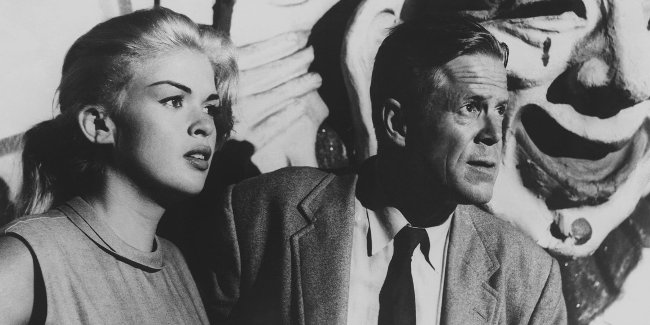From David Walley, Teenage Nervous Breakdown, 2d edition, Published in 2006 by Routledge, © 2006 by Taylor & Francis Group, LLC
The e-book retails for $24.69.

(page 78 of the e-book)
For a few seconds you could be forgiven for thinking there was a form of art-rock you missed called "rocfe." The word was supposed to be "rock."
It appears again later in the book: "Along with the new paradigms for sexual behavior came an inordinate amount of discussion about sexism in rocfe music among the females who’d formerly been the objects of lust and/or veneration, love or repulsion, but really (as always) approach and avoidance among the men." (e-book, page 373)
Walley's book is practically unreadable for a different reason: intermittently throughout the book the letter "k" is scanned as "b" -- this error occurs dozens of times. Thus you have "boob" for "book," "the bids" for "the kids" -- it's nerve-wracking to beep encountering these mistakes. Yes, "keep" appears as "beep" eight times in the text. Possibly these are mistakes that an algorithm doesn't catch because they aren't misspellings, just the wrong words. Thank you, Routledge.



